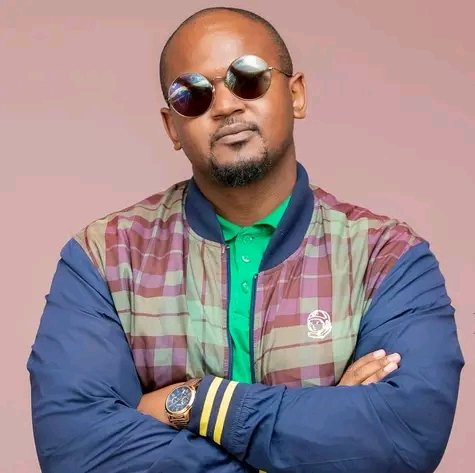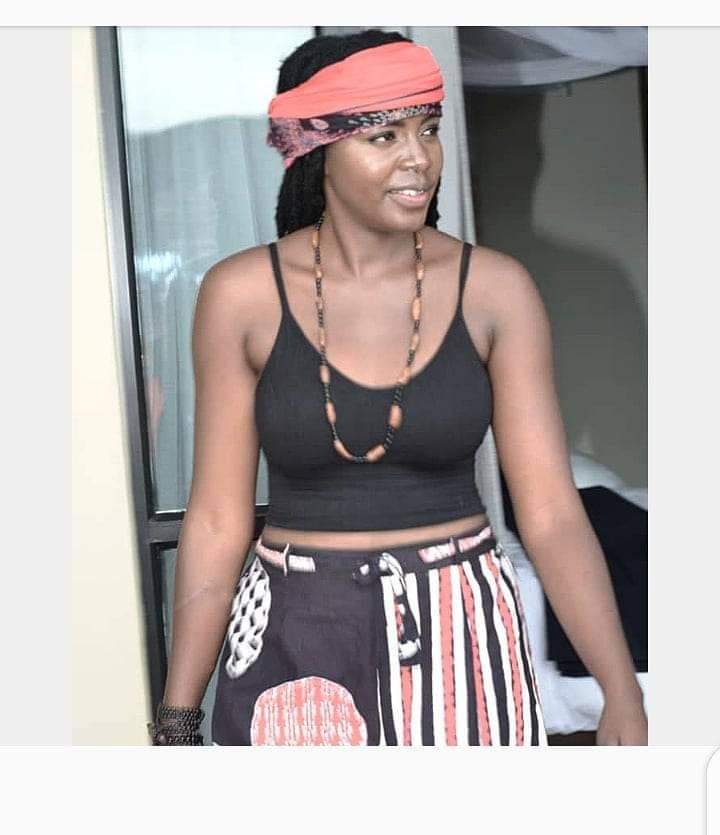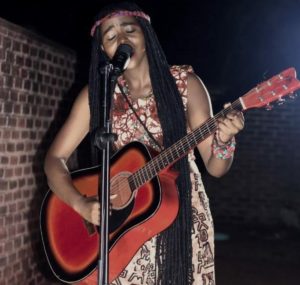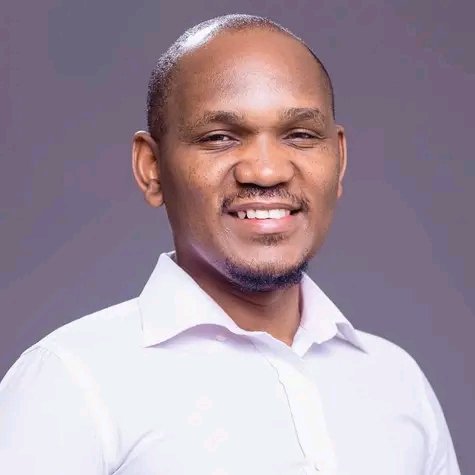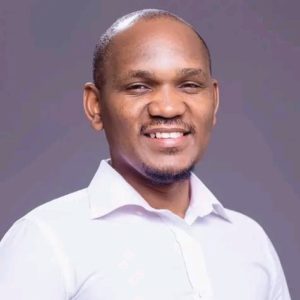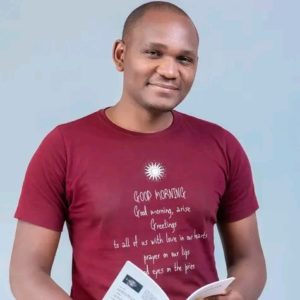By McLloyd Kudzingo
Musician Patience Namadingo has been doing a number of corporate social responsibility work over the recent years. The charity work by the singer has not gone unnoticed.
US- based Malawian hip-hop artist Jolly Bro popularly known as JB has praised Namadingo’s charity work in helping the vulnerable in the country.
JB said this in a Facebook live video which he did in response to claims made by another musician Lulu who claimed in an interview that he doesn’t know the ‘Khala Pansi’ hit-maker.

In the video JB claimed that Lulu refused to perform at a show organized by the outspoken rapper which was meant to support the Cyclone Freddy victims in the country.
JB said unlike Namadingo, the ‘Mbambande’ hit-maker is one selfish artist who doesn’t want to give back to the community.
JB went on to say that if he was given a chance to choose a good artist between Lulu and Namadingo, he would have gone for Namadingo.
He said Namadingo’s style of music is good and unlike Lulu, Namadingo does quite a lot in helping the needy in the country.
JB cited the recent help that Namadingo offered to fellow musician Lawi, when he performed at his show for free after the Congolese musician Awilo Longomba failed to show up at the show.
Among the numerous charity works, Namadingo initiated a campaign meant to raise K1.2 million that was to be donated to the Children’s Cancer Ward at Queen Elizabeth Central Hospital.
Namadingo also raised over K4.5 million to help fellow musician, late William Kachigamba for his cancer treatment in Zambia.
Last year, Namadingo alongside Eli Njuchi and Driemo performed at a fundraising show for needy college students which took place at Bingu International Conversation Center (BICC).
In 2020, the singer received a doctorate degree in community development by the University of South Africa (Unisa).




